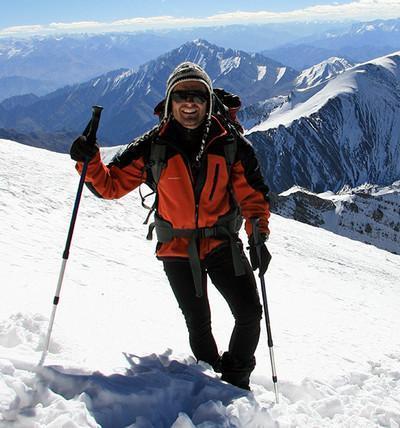Before heading to the slopes, check with your doctor to see if skiing while pregnant is a safe option for you. There are a few key points you should keep in mind: Lowering your physical limits, avoiding high altitudes and lift accidents, and avoiding muscle strain.
Lowering Physical Limits
If you're planning to go skiing while pregnant, it's important to know your physical limits and modify your workout as needed. Skiing and pregnancy may be good together in your case. But you may want to avoid skiing when you're feeling tired or overheated. You should also take plenty of rest breaks and listen to your body. If you experience pain or discomfort, you should stop immediately.
It's best to consult with your Ob-Gyn before skiing while pregnant. She'll be able to assess your ability level and discuss whether skiing is safe for your pregnancy. You should also be aware that you're putting your baby's health at risk, and you need to consider any special health risks that may come with the sport.
Avoiding High Altitudes
If you are pregnant, you should avoid high altitudes while skiing. High-altitude exercise can cause complications, including dehydration. It's important to consume adequate amounts of fluid and take frequent breaks to rehydrate. You should also know how to recognize the symptoms of hypoxia.
High-altitude travel can be hazardous for you and your unborn baby. The World Health Organization advises pregnant women not to sleep at higher altitudes. Besides putting a woman at risk for miscarriage, high-altitude skiing also increases her risk for injury. Her changing body weight, center of gravity, and sense of balance all contribute to a higher risk of falling.
The second trimester of pregnancy is known as the "sweet spot" for pregnant women, and is the most comfortable time for many women. This is the time after the first trimester and before the waddling phase of the third trimester. However, even during the second trimester, pregnant women are still at risk for collisions while skiing. The likelihood of harm to both mother and baby depends on factors such as the intensity of impact and the location of the trauma.
Avoiding Lift Accidents
Skiing during pregnancy is a great way to enjoy the winter season and get in some physical activity, but it also has its risks. A pregnant woman is at risk of falling and being injured. This is due to changes in a woman's physiology and musculoskeletal system, as well as the weight of the baby. Fortunately, there are steps a pregnant woman can take to avoid lift accidents while skiing.
Skiing during pregnancy is a great way to get in shape, and while it is not dangerous, there are certain precautions that need to be taken to prevent accidents. Pregnancy is an extremely unique time for parents. Even though skiing is generally safe, the risk of lift accidents is greater than that of general exercise. In addition to falling, there are other risks of skiing during pregnancy.
Avoiding Muscle Strain
Pregnancy can put an added strain on the body, especially muscles. Hormones that prepare the body for labor loosen the pelvic ligaments and relax other muscles, which can result in muscle strain. Fortunately, a torn muscle or tendon will not harm your baby. But, it is important to avoid overdoing it to avoid injury.
If you are planning to ski while you are pregnant, it is essential that you consult your doctor. This way, he or she can determine whether you're safe to engage in physical activity. During pregnancy, you have a greater risk of dehydration and fatigue, so you'll need to take more frequent breaks and listen to your body.
Although it's possible to do winter sports without injury, avoid strenuous activities while you're pregnant. Even walking up a flight of stairs can cause soreness and pain.
Avoiding Abdominal Trauma
Keeping in mind the risks of abdominal trauma while skiing while pregnant is essential to the safety of you and your baby. This type of trauma is especially dangerous during the third trimester, when the center of gravity is higher and the baby is bigger. Additionally, the layer of protection inside your abdomen has shrunk. As a result, even moderate abdominal trauma can cause a rupture or placental abruption.
There are many risks associated with skiing or snowboarding while pregnant. The biggest risk is abdominal trauma. Skiing involves high-impact trauma, which may cause a placental abruption and preterm labor. This is the least predictable risk but one that pregnant women should be wary of.





